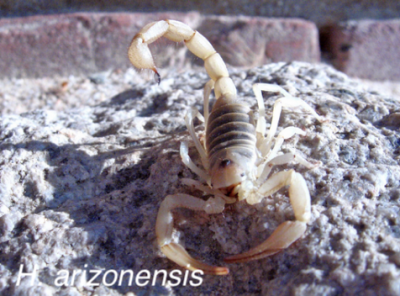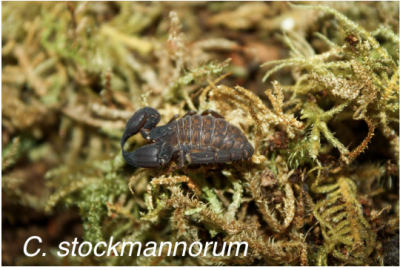From genome assembly to genomic novelty to phenotype - an integrated training framework
Our program will support the training of a diverse set of 30 postbaccalaureate mentees, predominantly members of groups underrepresented in biology, for future success in STEM. We will train mentees in both research and professional skills, while building mentorship capacity at multiple levels through network participant training and expansion. Incorporating both cohort-based and individualized research experiences, we aim to integrate mentee and mentor participants, and network partners, into a cohesive research program centered on discovering genomic novelty and understanding the link between genomic novelty and phenotype.
Program Components
Bridge to Research:
At the start of the program, scholars participate in a month-long bridge to research program to provide research and professional development training, orientation to working at UConn and the Storrs campus, and an opportunity to get acquainted with fellow cohort members. During this program, scholars begin bioinformatics training workshop and learn and practice molecular "wet lab" skills including DNA extractions, PCR, gel electrophoresis, genetic cloning and data interpretation.
Independent and Collaborative Research Projects
Following the “Bridge to Research” program, each scholar joins a host lab to conduct independent research project in conjunction with a research mentor (see Meet the team page) and a graduate student mentor. In addition to an independent project, each cohort works together to conduct a collaborative project to sequence, assemble, and annotate an organism's genome.
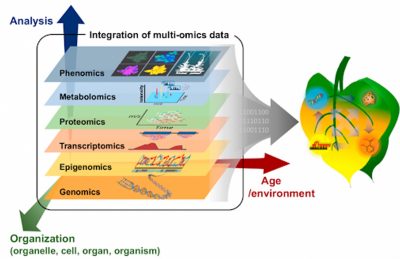
The 2025 RaMP cohort collaborated with Dr. Paul Hapeman at Central Connecticut State University to sequence the genome of mink samples (N. vison evergladensis, N. vison vulgivaga, and N. vison lutensis) from locations spanning Florida and Louisiana, with the goal of creating a pangenome to address several biologically relevant questions including:
-
- Identifying genetic variation between populations
- Exploring phylogentic relationships between mink subspecies
- Exploring genetic relationships allowing mink to adapt to diverse environmental conditions

The 2024 cohort’s project focused on two scorpion species, the desert scorpion, H. arizonensis, and C. stockmannorum, both of which no reference genomes existed. In conjunction with Dr. Carlos Santiago from Southern Connecticut University, scholars created the first chromosome scale genome and wrote a manuscript of which they are collectively the first author of.
Unveiling the Genetic Blueprint of a Desert Scorpion: A Chromosome-level Genome of Hadrurus arizonensis Provides the First Reference for Parvorder Iurida: Manuscript
Cohort Fridays
In the RaMP program, each Friday is reserved for cohort learning and activities. Mornings are spent participating in the bioinformatics workshop to make progress on the cohort project. Afternoon activities vary from weekly journal clubs, project update presentations or professional development workshops including using LinkedIn for career exploration, writing resumes and cover letters, and time management strategies.
Other Program Components
Throughout the duration of the year, RaMP scholars receive funding to attend academic conferences to present scientific findings, workshops to advance professional and academic skillets, and networking events with top partners in industry and government, including The Jackson Laboratory, Alexion AstraZeneca, and BioCT.
RaMP scholars also participate in a scientific communication workshops, where scholars learn to communicate scientific findings to general and academic audiences. We provide practice and guidance in verbal (conference presentations, elevator pitches, or social media posts) and written forms (manuscripts or journal articles) of scientific communication.
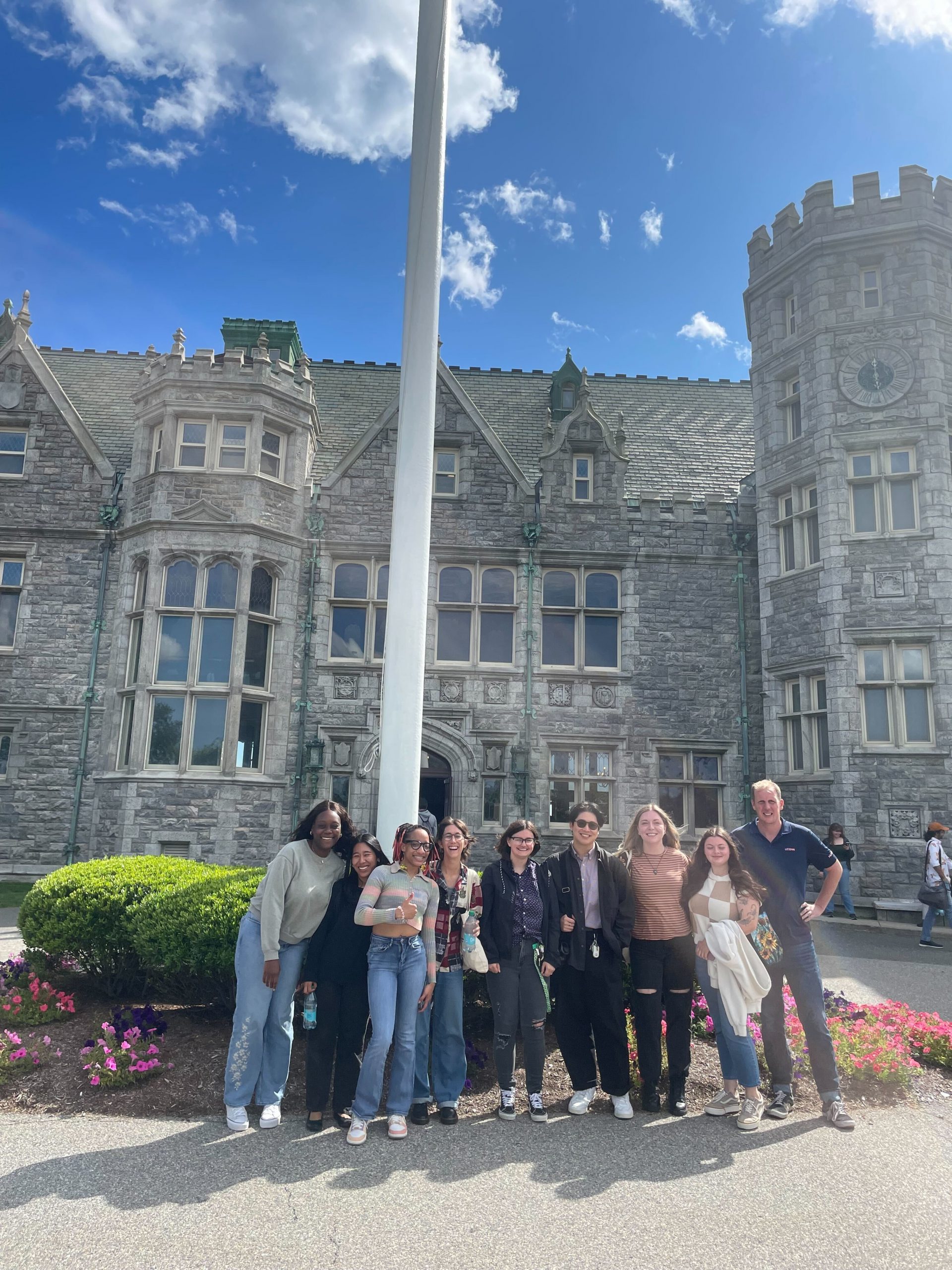
2025 RaMP scholars attending the 2024 student and faculty Retreat for the Molecular and Cellular Biology Department at UConn's Avery Point Campus.
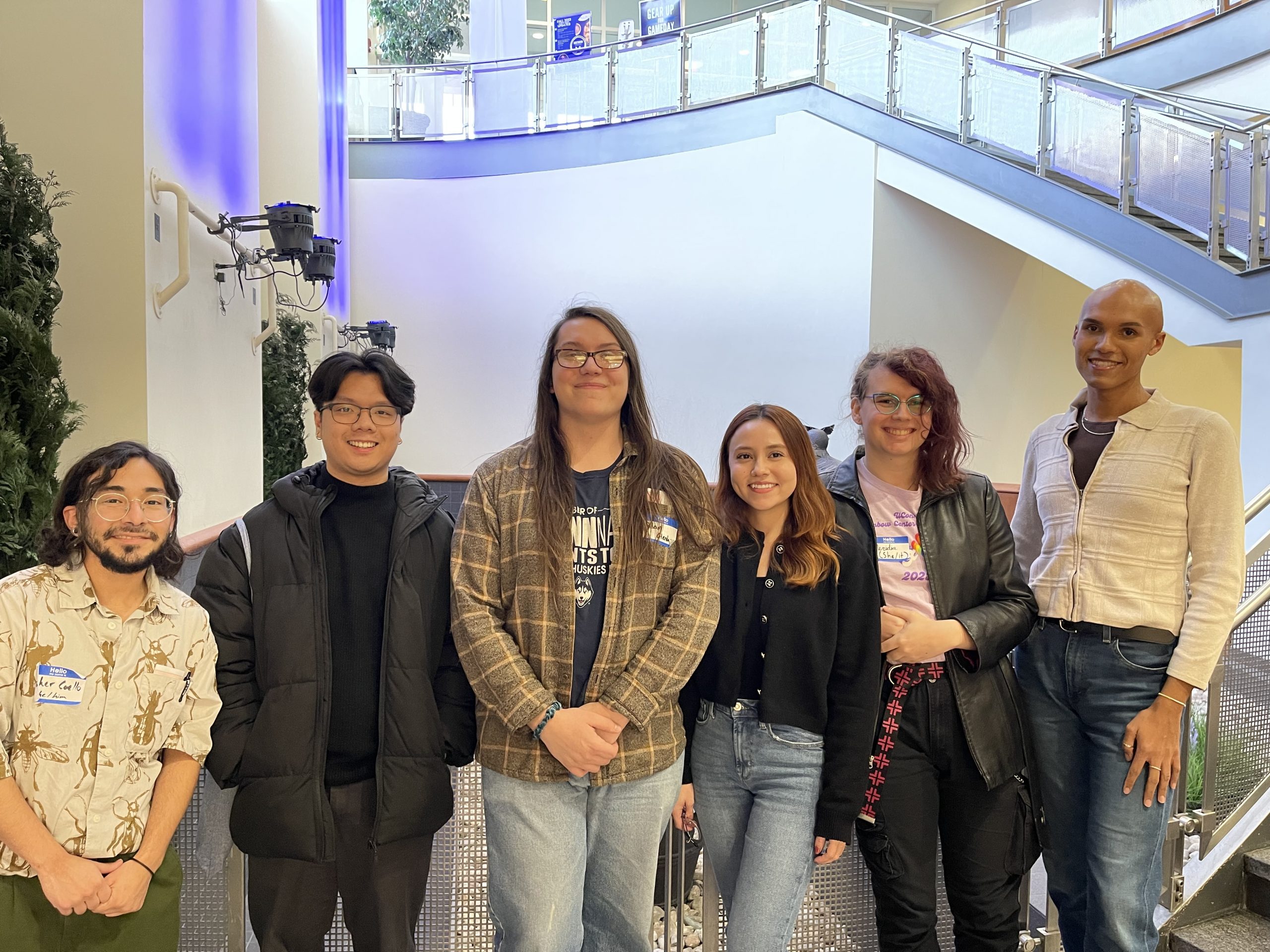
2024 RaMP scholars attending the Women* in Bioinformatics Conference at Southern Connecticut State University.
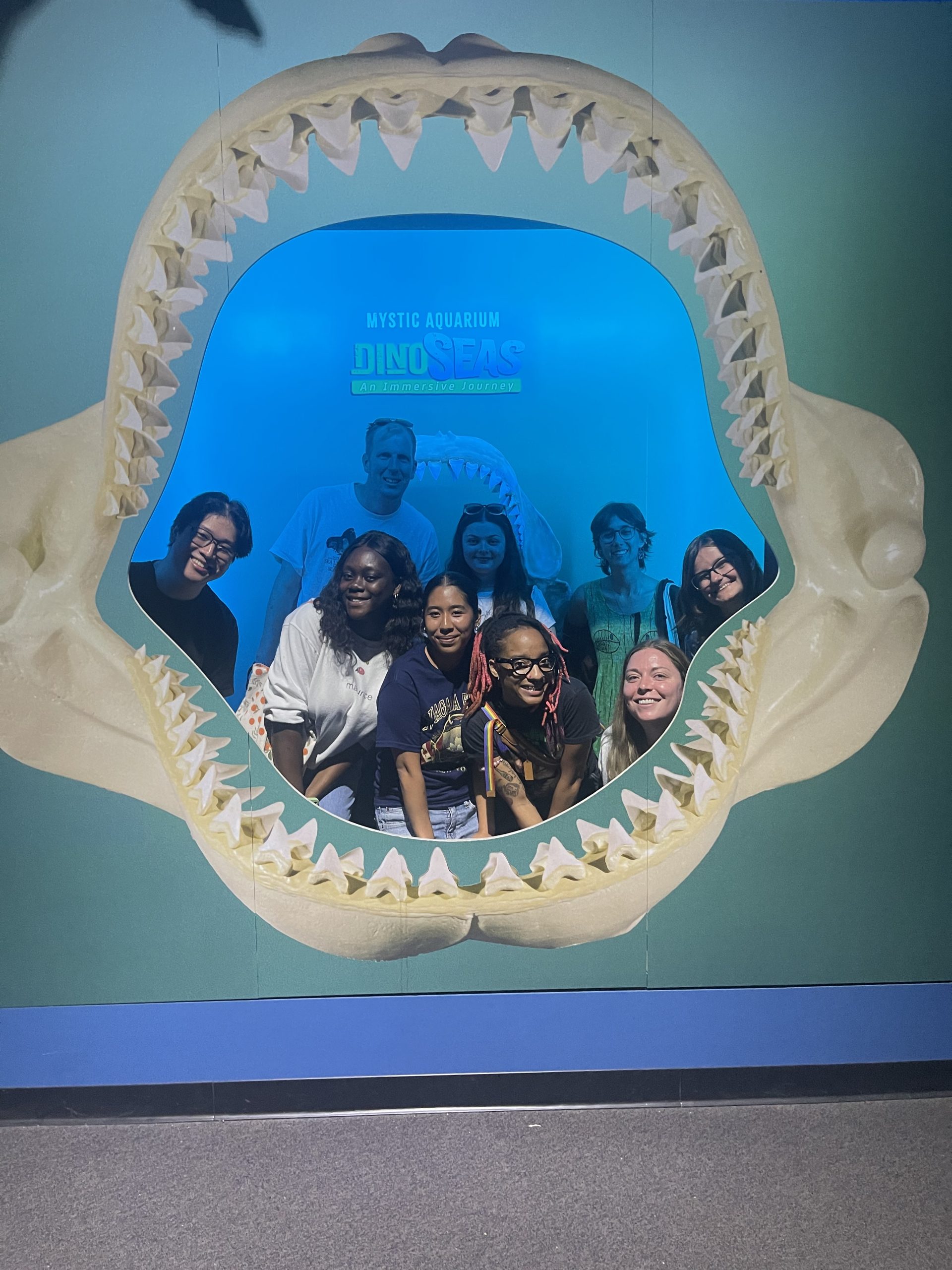
2025 RaMP scholars at the Mystic Aquarium.
